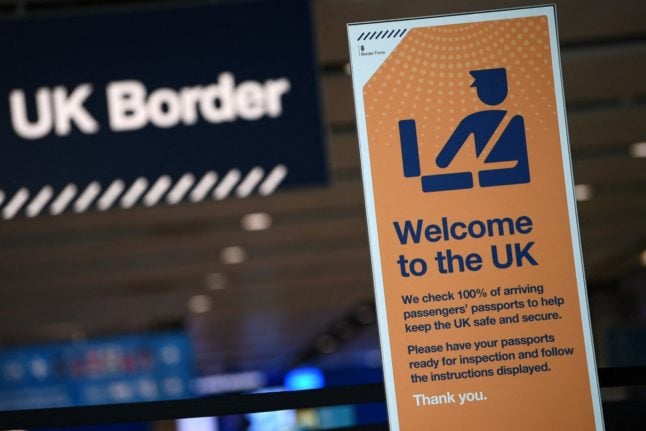Reader question: I’m British and have lived in France since 2019, so I have the special post-Brexit carte de séjour residency permit. However, I’ve been offered a job in New Zealand – will I forfeit my Withdrawal Agreement rights if I leave France?
Brits who lived in France prior to the end of the Brexit transition period on December 31st 2020 are covered by the Brexit Withdrawal Agreement, which gives them the right to continue to live and work in France.
Being covered by the Withdrawal Agreement has several benefits which are not shared by Brits who moved after 2021 – specifically a fast-track process to getting their first carte de séjour (via a special website), the right to be joined by a spouse or family member and a simplified carte de séjour process which takes people directly onto a long-stay card.
Brits who had lived in France for more than five years in 2021 went straight onto the 10-year carte de séjour permanent, while those who had lived here for less than five years were given a five-year card, which can be exchanged directly for a 10-year card when it nears its expiry date.
READ ALSO Carte de séjour: How to get the French residency permit
Brits covered by the Withdrawal Agreement have the right to both live and work in France, so do not require a work permit. There is no requirement to change the carte de séjour if your status changes (eg a student starts working, a worker retires or a pensioner takes up some part-time work).
The idea was to try and replicate as far as possible the situation for people who had moved before Brexit, and had therefore exercised EU freedom of movement.
But generous as these benefits are, they do have limits. The first is that they do not cover onward migration within the EU – so if for example you decide to move to Germany you would be treated the same as any other non-EU national wanting to move.
The second is that the rights are not lifelong – they remain only as long as you keep your French residency.
Leaving France for short periods such as holidays, work trips or family visits does not affect residency, but in most cases you would lose your right to residency if you were out of the country for more than 10 months in a year (for 5-year card holders) or more than two consecutive years (for 10-year card holders).
READ ALSO How long can I stay out of France and keep my residency rights?
If you lose your residency rights you would need to apply again if you want to return to France – and for the new application you would come under the standard system for non-EU arrivals, which in most cases requires a visa first and then moving onto short-term cartes de séjour.
On your return, you would be treated exactly the same as any other new arrival, with your previous rights under the Withdrawal Agreement giving you no special status.
As you did spend some time in France – perhaps you are married to a French national or you completed your higher education here – you may be already meet the eligibility requirements for a certain visa. You can see the different requirements for each status in our visa guide.
The only way to continue to benefit from the right to live and work in France without restrictions would be to apply for French citizenship – or, if you are eligible, citizenship of another EU country.



 Please whitelist us to continue reading.
Please whitelist us to continue reading.
If I left France for longer than 10 months on a 5 year WA CDS, how do the authorities know ?